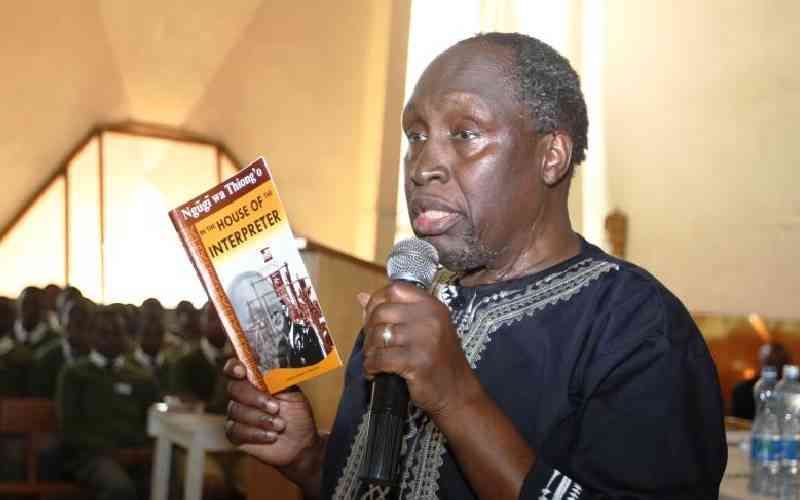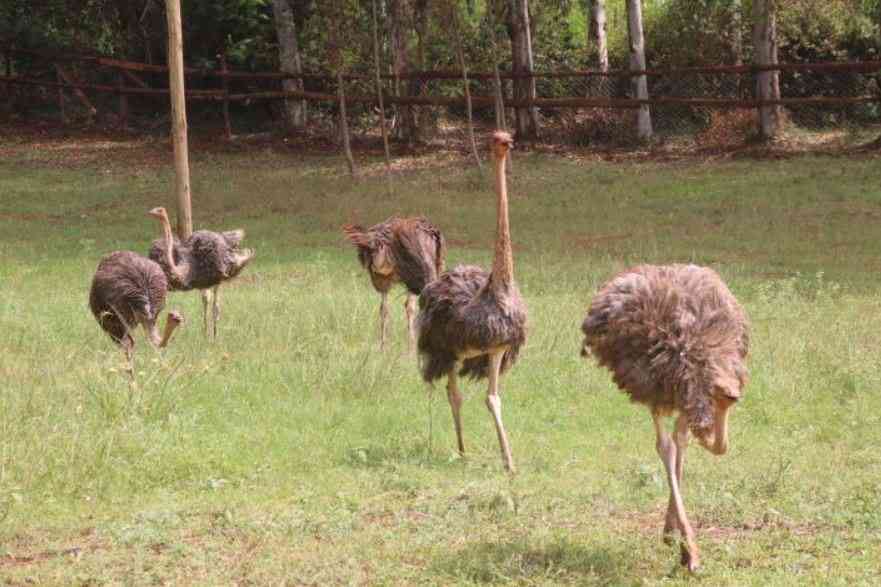
The adage “Without the teacher, the storyteller remains unsung,” drawn from Luke 6:40, aptly frames the life and evolution of Ngũgĩ wa Thiong’o—Africa’s foremost literary icon. His artistic journey did not emerge in isolation; rather, it was cultivated in the rich soil of mentorship and literary institutions across East Africa and Britain.
To grasp Ngũgĩ’s rise from a village in Limuru to global literary eminence, one must retrace the educational and ideological spaces that shaped him—most notably Makerere University College in Kampala and the University of Leeds in the UK. These academic crucibles were more than formal institutions; they were intellectual nurseries where a generation of East African writers, including Ngũgĩ, found voice, vision, and validation.







